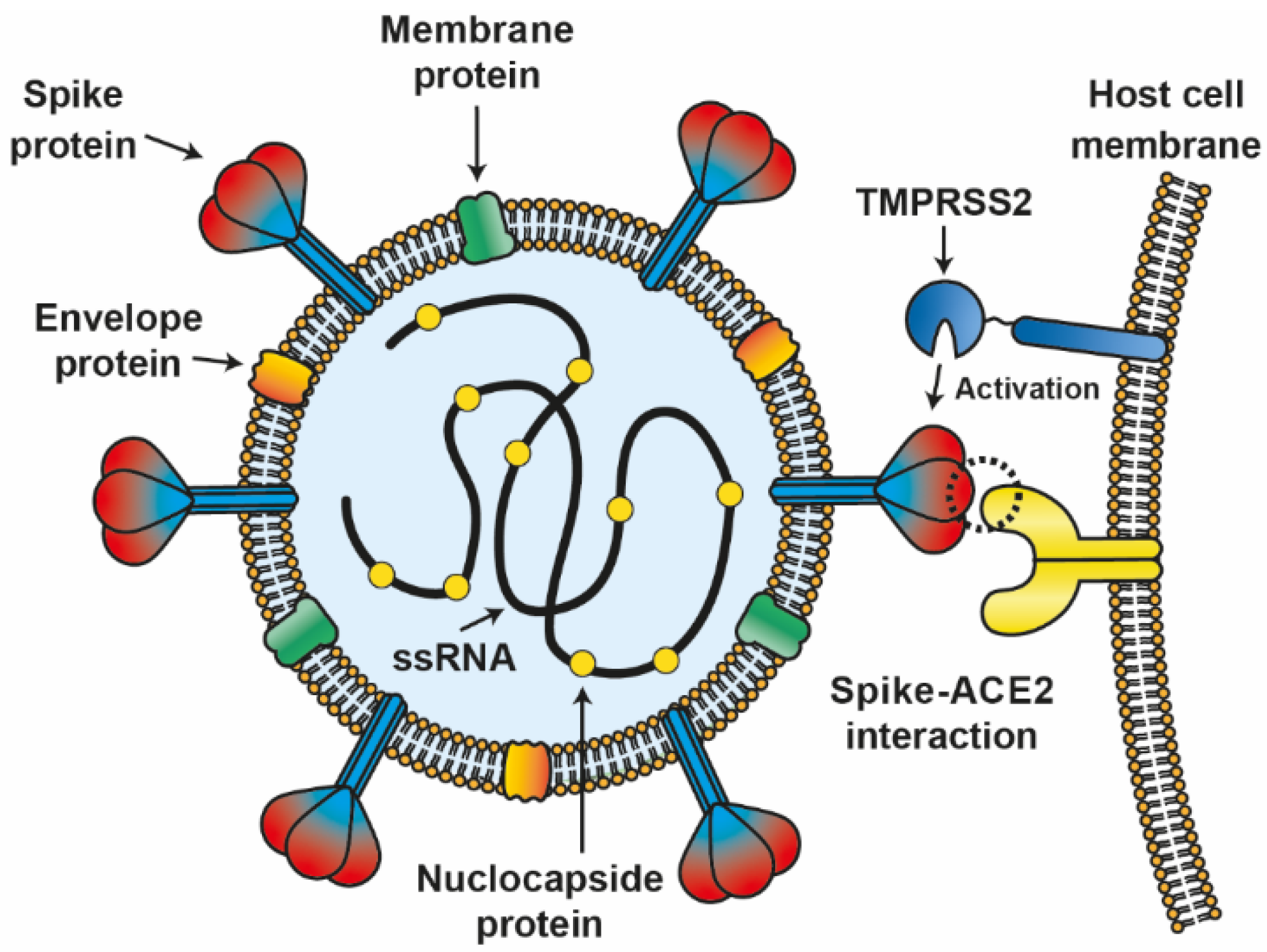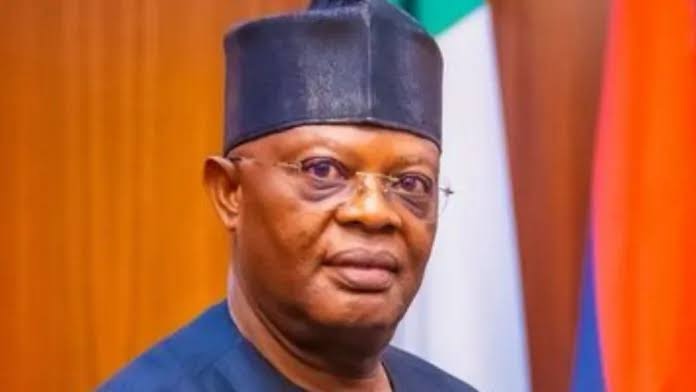Stakeholders in Edo State have attributed the progress achieved thus far following the implementation of the Covid-19 Response Mechanism Grant Project in Edo State to the roles of members of the host communities.
Speaking recently at the closing ceremony of a two-day media roundtable with stakeholders in Benin City on the achievement and challenges recorded since the implementation of the Covid-19 Response Mechanism Grant Project in Edo, the State Coordinator of Network of Persons With HIV/AIDS in Nigeria (NEPWHAN), Mr. Friday Osayande, said the project was developed to address three key areas in line with the vision and objectives of ACOMIN association of civil society organizations working on the prevention, treatment and mitigation of the impact of malaria and tuberculosis.
He said the project, which was developed and funded by Global Cund through National Agency for the Control of AIDS (NACA), was specifically designed to address three key areas in health management and access to treatment of AIDS, Malaria and Tuberculosis (AMT).
He said five local government areas in Edo State, which include Uhunmwode, Ovia North-East, Etsako-West, Esan North-East, and Orhionmwon through partnership with the State Association for the Control of HIV/AIDS (SACA) and NEPWHAN, other sub-recipients and Community-based organizations (CBO) are ensuring that local residents in these communities take full responsibility for the protection of the Primary Health Centres against vandalism and maintenance in a manner that would ensure the provisions of sustainable healthcare services in these three key areas for affected individuals.
According to Osayande, the success of the project in the respective councils was mainly hinged on the prominents roles by some critical stakeholders including politicians, diasporan support, traditional leaders, religious leaders and local vigilantes in ensuring that the operational needs and other essential facilities in some of these Primary Health Centres are provided and protected with a view to making them accessible for long-term use.
“In one of the communities in Ovia North-East, the Primary Health Centre in Okada was provided with a new transformer to lighten-up the facility as a way of addressing power-outage challenge while in Ehor in Uhunmhode council area the Primary Health Centre, which was formerly taken over by weeds, had been cleared and local vigilantes through urgent intervention with some traditional heads and head of security operatives in the community are ensuring adequate protection of the Primary Health Centre,” he said.
Also speaking at the media-roundtable, the state programme officer of the project, Mr. Yunus Hassan, disclosed that the aim of Covid-19 Response Mechanism Grant Project was to strengthen healthcare services at the community level through partnership with the Primary Health Care Development Agency in the state with more emphasis on AIDS, tuberculosis, malaria and gender-based violence.
According to him, the C-19 MRG Project in partnership with the state ministry of health and Primary Health Care Development Agency has been designed to address health challenges in these three key areas with a view to improving the quality of lives at the community level.
On his part, Mr. Ikponmwosa Adagbonyin, speaking on behalf of SACA, said the agency would continue in its quest through partnership with other relevant stakeholders to initiate and support programmes aimed at improving the overall well being and health of everyone concerned.


